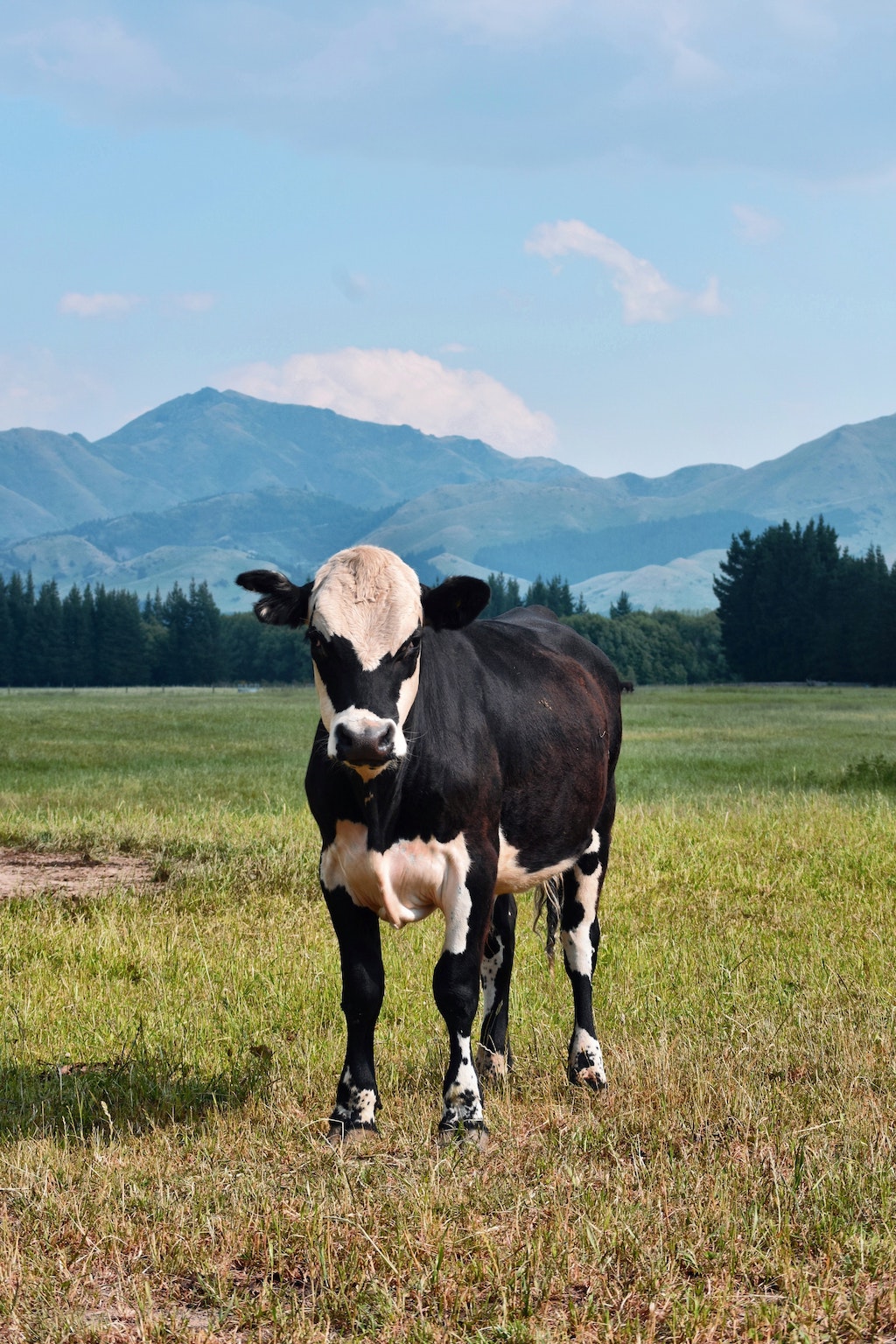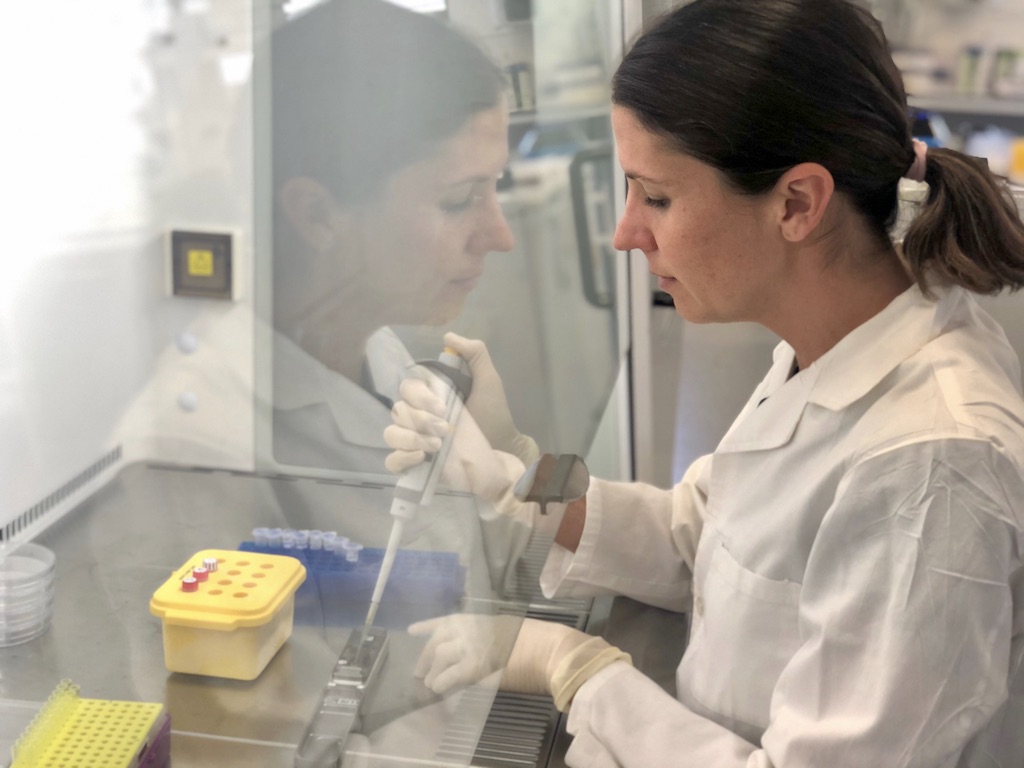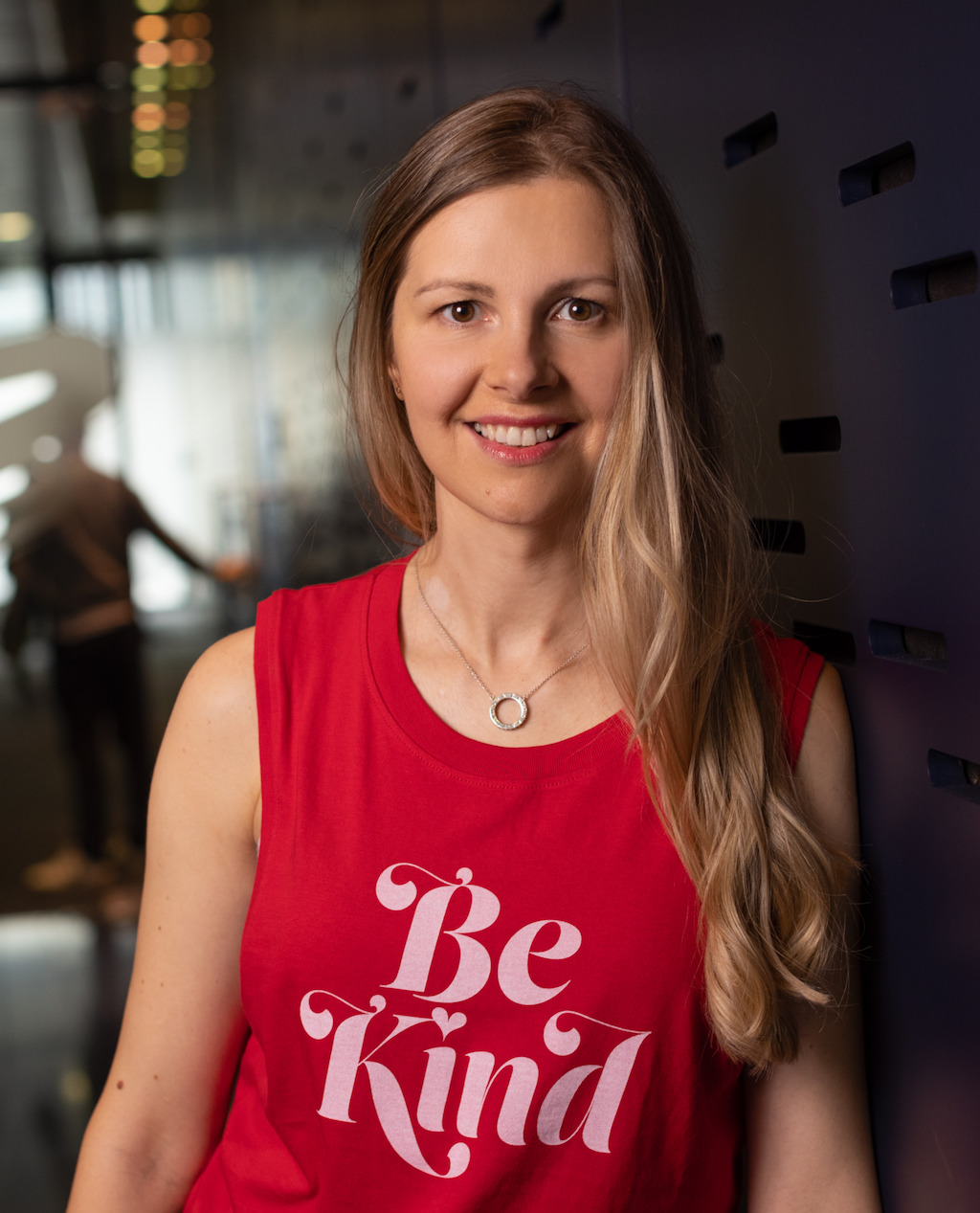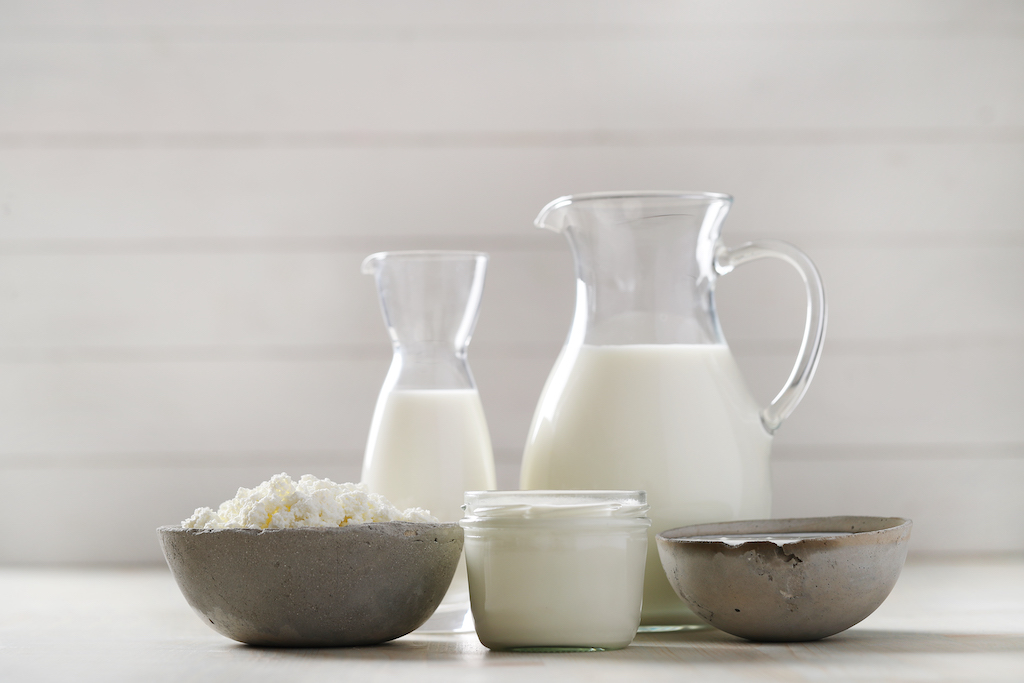5 Mins Read
Dairy is big business in New Zealand. The country is the world’s largest dairy exporter and home to dairy giant Fonterra. But as the world wakes up to the realities of livestock farming, from its impact on the environment to the suffering of animals, it’s clear that the current production system needs a change. Enter Daisy Lab, the startup that believes precision fermentation will be the answer to solving New Zealand’s dairy woes.
Daisy Lab, a new entry into New Zealand’s alternative protein industry, wants to give the country’s enormous dairy business a big upgrade. Leveraging precision fermentation technology, the young food tech wants to “cut cows out of the picture” from New Zealand’s dairy production process, which could translate to significant environmental savings and make cruelty-free dairy that tastes identical to the real deal possible.
Daisy Lab tackles precision fermentation dairy

The idea to start Daisy Lab, which launched earlier this year, came when vegetarian and dairy lover Irina Miller began working for Fonterra, the world’s largest dairy company and New Zealand’s largest company, and quickly realised the “harsh realities” of its impact on the planet and animals. Fonterra accounts for approximately 30% of global dairy exports.
Intensive dairy farming is a major contributor to the climate crisis, with one recent Meat Atlas report revealing that just five of the largest meat and dairy firms—Fonterra being one of them—together contribute more GHG emissions than oil giants like BP and ExxonMobil. And New Zealand alone, with its herd of 5 million cows, produces $20 billion worth of dairy ingredients every single year.
Confronted with the dairy industry’s litany of problems, Miller later left the industry and embarked on her vegan journey. But she wanted to find a solution for dairy, one that could preserve New Zealand’s rich dairy heritage while still offering consumers the same taste and creaminess they love about dairy products.

Together with molecular biologist and University of Auckland genomics professor Dr. Nikki Freed, Miller started Daisy Lab, New Zealand’s first precision fermentation food tech creating alternative dairy proteins that are molecularly bio-identical to the real deal.
Making casein without cows
Precision fermentation is a novel technology that startups like Perfect Day are tapping to make real dairy proteins without cows. Perfect Day’s animal-free whey is already available in select markets, incorporated in cruelty-free ice creams such as Brave Robot and Ice Age, and in the new cream cheese brand Modern Kitchen, which just launched this month.
Daisy Lab is using the same process of programming microorganisms to break down sugars and create protein molecules that are identical to real dairy. While Perfect Day has created cow-free whey, another protein found in dairy, the New Zealand startup is focused on recreating casein without cows.
Casein is the protein found in milk that gives dairy products their meltability and creaminess in dairy products like cheese and yogurt. The milk ingredient is also found in other products across food and non-food industries, due to its functionality, such as nutrition bars, glue, and even paint. Daisy Lab says it’s targeting this casein market—which New Zealand alone exports around 90,000 tonnes of every single year.
Miller tells Green Queen Media that its base in New Zealand will give Daisy Labs an edge when it comes to achieving animal-free casein, something that hasn’t yet been achieved at scale in the market quite yet. “We believe that this is where our geographical position can really help us. We have so many people here in Aotearoa that have made dairy processing their life-long profession.”
“We have scientists, engineers, government research institutes, universities – all with decades of experience in making world-class dairy ingredients. Our industry has already built the largest driers and pioneered novel separation and processing technologies,” shares Miller.

Other startups around the world that are also focused on recreating dairy proteins using precision fermentation include US-Aussie startup Change Foods, Berlin-based Formo, Israel’s Remilk, and Sydney-based All G Foods, among other, with most targeting casein aswell.
‘We are targeting conventional dairy consumers’
At the moment, bootstrapped Daisy Lab, whose team is made up of four members, is still in its R&D stage, but will soon be looking for seed funding to fuel its scale-up plans ahead of launching its animal-free casein ingredient.
“Similar to many start-ups in our space we have been focusing on developing a culture with a good yield,” shares Miller. “The next challenge for us will be scaling-up of the technology: increasing the fermentation volumes and optimising the downstream processing. In order to achieve this, we will be looking for seed funding early next year”.

She tells Green Queen Media that the timeframe to market is around 2024, with regulatory approval for its microbiological casein for human consumption in New Zealand and Australia typically taking anywhere between 12 to 24 months.
In terms of Daisy Lab’s target market, Miller says that the startup is offering an additional choice to those already on a vegan diet, but ultimately wants to convince the mainstream market.
“Our goal at Daisy Lab is to make dairy-identical ingredients that can be used in a variety of consumer products, like yoghurts, ice-creams and of course, animal-free cheese that stretches and melts like the dairy analogue,” the co-founder explains. “Whilst our product is vegan, our target market is conventional dairy consumers.”
But targeting the mainstream market will mean facing up to New Zealand’s powerful dairy industry. When asked about how the startup plans to take on this challenge, Miller says: “With a smile and a conversation. New Zealanders are generally very good people. Farmers, dairy co-op executives, scientists, politicians—everyone fundamentally wants to do the right thing.”
“We are not an immediate threat to the dairy industry, those who want to farm will be able to farm for at least another 10-15 years. However, we do hope farmers will stop and think before taking on additional debt to extend their current dairy herd. We want to work with the industry, and we believe the industry is ready for it or will be ready very soon,” Miller continues.
“Here’s a crazy idea: some may decide to requalify into casein brewers! Rather than being perceived as the enemy of dairy, we are hoping that we will be viewed as a complementary partner.”
Lead image courtesy of Freepik.



